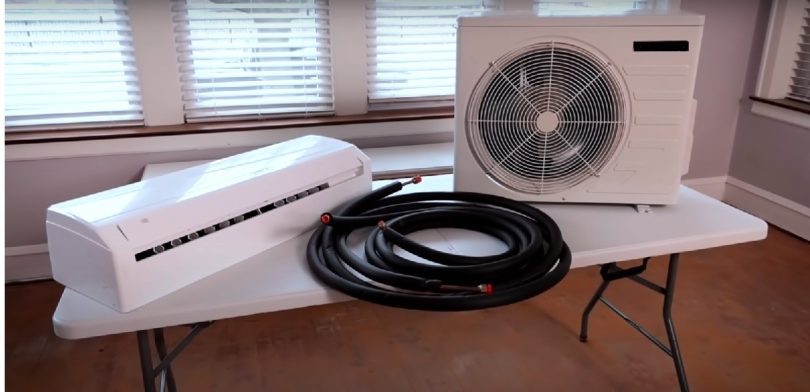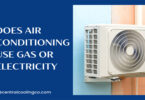Introduction:
Air conditioners (ACs) and split air conditioners play a crucial role in both residential and commercial settings, serving to regulate temperature and enhance air quality. This is particularly valuable in warmer climates, making ACs an essential component for those living or working in such environments. Let’s discuss the Pros and Cons of the Split Air Conditioners.
Although home air conditioning has been prevalent since the 1970s, contemporary split air conditioners have gained preference over traditional units in today’s market. Split-system air conditioners offer versatility, making them suitable for various spaces, ranging from large homes to small apartments. Not only do these units occupy minimal space, but they also contribute to reduced electricity costs.
Before making a decision on the air conditioner for your home, it is essential to assess the pros and cons of available options. Here, we present an overview of the advantages and disadvantages of modern split air conditioners.
Pros of Split Air Conditioners
1. Energy Efficiency:
Split systems excel in heating and cooling, ensuring even air distribution without the energy losses associated with traditional ducted systems. The absence of ducts minimizes air leakage, enhancing efficiency and reducing operational costs.
2. Versatility:
Operated by an outdoor compressor, split systems can be ground-mounted or wall-mounted. These systems require only a small wall hole to connect indoor and outdoor units, facilitating easy maintenance with washable filters.
3. Quiet Operation:
Traditional air conditioning systems often generate noticeable noise within homes. In contrast, split systems are virtually silent, with the blower unit being the only component located inside the house.
4. Advanced Filtration:
Modern split air conditioners feature advanced filtration systems capable of capturing fine particles like dust, mold, spores, and allergens, contributing to improved air quality.
5. Dehumidifier Setting:
The inclusion of a dehumidifier setting helps control room humidity, particularly beneficial during abrupt weather changes.
6. Compact Design:
Small and versatile, split air conditioners are ideal for heating and cooling individual rooms without the need for ducting.
7. Quick Cooling/Heating:
Rapid cooling or heating capability adds to the convenience of split systems.
Cons of Split Air Conditioners
1. Higher Initial Cost:
The upfront cost of a split system is 30 to 40 percent higher than that of traditional air conditioners. However, energy savings and reduced maintenance costs can offset this initial investment.
2. Professional Installation Required:
Installation by a professional is necessary for warranty validation and safety reasons. Attempting self-installation can be hazardous, and costs may increase if indoor and outdoor units are not in close proximity.
3. Location Limitations:
Split systems require the indoor and outdoor units to be within 30 meters of each other, potentially limiting their suitability for tall buildings or apartments.
4. Exterior Compressor Noise:
While indoor units are generally quiet, the exterior compressor can produce noise, affecting the system’s placement and proximity to neighbors.
Conclusion
In conclusion, despite some drawbacks, the benefits of split air conditioners outweigh the challenges, making them a worthwhile investment. To make an informed decision, it is advisable to seek expert advice from air conditioning professionals.
Disclosure: We may get commissions for purchases made through links in this post.








